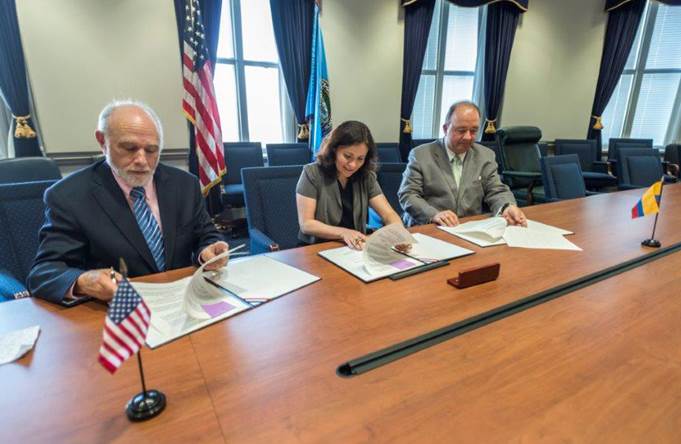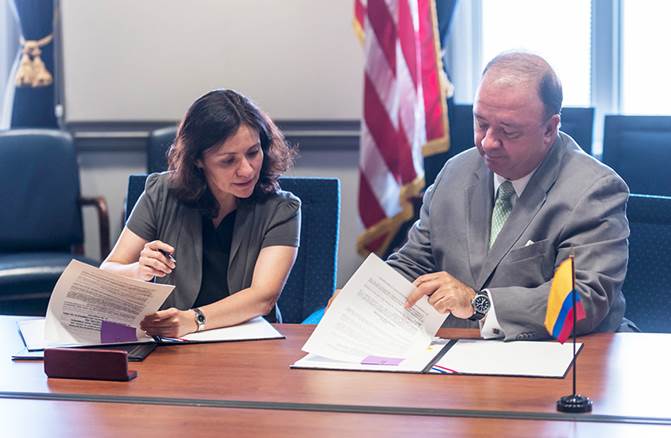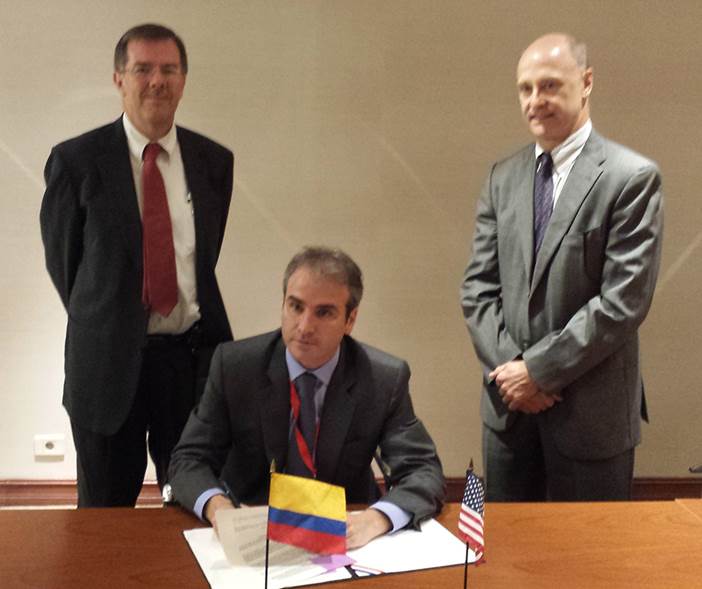At the Federal Trade Commission’s request, a U.S. district court in Missouri has temporarily halted an online payday lending scheme that allegedly bilked consumers out of tens of millions of dollars by trapping them into loans they never authorized and then using the supposed “loans” as a pretext to take money from their bank accounts.
The court imposed a temporary restraining order that appoints a receiver to take over the operation. The court order gives the FTC and the receiver immediate access to the companies’ premises and documents, and freezes their assets.
“These defendants bought consumers’ personal information, made unauthorized payday loans, and then helped themselves to consumers’ bank accounts without their authorization,” said Jessica Rich, Director of the FTC’s Bureau of Consumer Protection. “This egregious misuse of consumers’ financial information has caused significant injury, especially for consumers already struggling to make ends meet. The Federal Trade Commission will continue to use every enforcement tool to stop these unlawful and harmful practices.”
Over one eleven-month period between 2012 and 2013, the defendants issued $28 million in payday “loans” to consumers, and, in return, extracted more than $46.5 million from their bank accounts, the FTC alleged.
In its complaint, the FTC alleges that Timothy Coppinger, Frampton (Ted) Rowland III, and a web of companies they owned or operated, used personal financial information bought from third-party lead generators or data brokers to make unauthorized deposits of between $200 and $300 into consumers’ bank accounts. Often, the scheme targeted consumers who had previously submitted their personal financial information – including their bank account numbers –to a website that offered payday loans.
After depositing money into consumers’ accounts without their permission, the defendants withdrew bi-weekly reoccurring “finance charges” of up to $90, without any of the payments going toward reducing the loan’s principal, the FTC alleged. The defendants then contacted the consumers by phone and email, telling them that they had agreed to, and were obligated to pay for, the “loan” they never requested and misrepresented the true costs of the purported loans. In doing so, the agency alleged, they often provided consumers with fake applications, electronic transfer authorizations, or other loan documents purporting to show the consumers had authorized the loan.
In many instances, if consumers closed their bank accounts to make the unauthorized debits stop, the defendants sold the supposed “loan” to debt buyers who then harassed consumers for payment, the FTC contends.
This case, part of the FTC’s continuing crackdown on scams that target consumers from every community in financial distress, alleges that the defendants violated the FTC Act, the Truth in Lending Act (TILA), and the Electronic Funds Transfer Act (EFTA). The FTC is seeking a court order to permanently stop the defendants’ unlawful practices.
Consumers seeking more information on potential unfair and deceptive payday lending practices should see Online Payday Loans on the FTC’s website. The Commission also has new blog posts for consumers and businesses on payday lending services.
The Commission vote authorizing the staff to file the complaint was 5-0. It was filed under seal in the U.S. District Court for the Western District of Missouri, Western Division, on September 8, 2014 and the seal was lifted on September 12, 2014. On September 9, 2014 the court issued a temporary restraining order against the defendants, temporarily stopping their allegedly illegal conduct.
The complaint announced today was filed against: 1) CWB Services, LLC; 2) Orion Services, LLC; 3) Sand Point Capital, LLC; 4) Sandpoint, LLC; 5) Basseterre Capital, LLC (based in both Nevis and Delaware); 6) Namakan Capital, LLC; 7) Vandelier Group, LLC; 8) St. Armands Group, LLC; 9) Anasazi Group, LLC; 10) Anasazi Services, LLC; 11) Longboat Group, LLC, also doing business as (d/b/a) Cutter Group; 12) Oread Group, LLC, also d/b/a Mass Street Group; 13) Timothy A. Coppinger, individually and as a principal of one or more of the corporate defendants; and 14) Frampton T. Rowland, III, individually and as a principal of one or more of the corporate defendants.
NOTE: The Commission files a complaint when it has “reason to believe” that the law has been or is being violated and it appears to the Commission that a proceeding is in the public interest. The case will be decided by the court.
The Federal Trade Commission works for consumers to prevent fraudulent, deceptive, and unfair business practices and to provide information to help spot, stop, and avoid them. To file a complaint in English or Spanish, visit the FTC’s online Complaint Assistant or call 1-877-FTC-HELP (1-877-382-4357). The FTC enters complaints into Consumer Sentinel, a secure, online database available to more than 2,000 civil and criminal law enforcement agencies in the U.S. and abroad. The FTC’s website provides free information on a variety of consumer topics. Like the FTC on Facebook, follow us on Twitter, and subscribe to press releases for the latest FTC news and resources.



